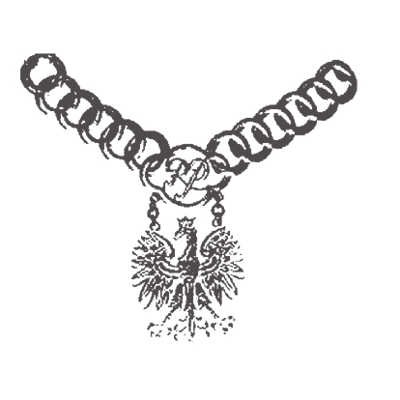Green vehicles in public procurement
Beginning this year, contracts for local government units in performance of their public duties must be executed using vehicles powered by electricity or natural gas. And when awarding contracts for purchase of new means of transport, all contracting authorities must allocate at least a portion of the funds to green vehicles. The Electromobility Act specifies the subject matter of such procurements, limits and types of vehicles.

Declaration of acquisition of shares in a limited-liability company or an increase in the par value of the shares is not as simple as it seems
In the case of an increase in the share capital of a limited-liability company, a shareholder subscribing for new shares or an increased par value of existing shares must file a declaration on subscribing for the new shares or the increased par value. This applies to both an existing shareholder and a new shareholder just joining the company. But there are some uncertainties associated with this obligation.

How to properly formulate a fraudulent transfer claim against a third party: Conclusions from Supreme Court of Poland rulings
A claim to set aside fraudulent transfers to a third party (Art. 527 et seq. of the Civil Code) must precisely identify both the parties and the subject matter in the demand for relief set forth in the statement of claim. It is a mistake to assume that the trial court will seek out the missing elements in the justification for the statement of claim.

Interrogation of a foreigner as a witness before the Polish civil court
A summons from a Polish civil court to testify at a hearing identifies the parties to the dispute, what is at stake in the dispute, and the court before which the case is pending. At the end of the summons there is a notice of the penalties for failing to comply with the summons. How to react to such summons and what it means in practice for a person who received it?

News from Poland—Business & Law, Episode 15: Hiring and working in Poland: types of contracts
Magdalena Świtajska from Wardyński & Partners’ Employment & Global Mobility Practice, explains types of contracts used when hiring or working in Poland.

Receivables as asset and opportunity
Receivables as an asset are present everywhere in the business world. This is an asset which could be a problem for some, but at the same time an investment opportunity for others. The aim of this article is to consider how healthy and performing receivables could be used to obtain financing from investors and to discuss how non-performing claims serve as an investment in Poland.

Onshore wind power in Poland: Bill to amend the 10H Act gains momentum
In recent months, the wind power sector has observed the progress of work on a bill to amend the Wind Energy Investment Act and certain other laws. It is much-awaited by the industry, due to the stringent “10H rule” still in force. The bill is expected to be sent to the Polish parliament in the first quarter of 2022, but the first draft by the Ministry of Development and Technology has already been released.

Liability for binding instructions in the proposed holding law
It will probably be only months before legislation on corporate groups, also known as the holding law, enters into force in Poland. The proposal is considered to be the most sweeping change in the Commercial Companies Code in the last two decades.

What is “use of a motor vehicle,” and what does it mean to the insurance industry?
The scope of the insured’s liability (and thus, the insurance companies’ auxiliary liability) is affected not only by national law, but also by EU legislation and case law regarding “use of a motor vehicle.” After a recent Supreme Court resolution, a contradiction between the two has emerged.

Defects and payment: Handover dilemmas
When is the investor required to pay for the performance of work? How do identified defects relate to this obligation, and when can handover be refused? These questions cause many difficulties in practice and are the basis for numerous, often very complex and long-running disputes. Recently, this issue was addressed by the Supreme Court of Poland. The interpretive direction it affirmed may help market players, including construction contractors, to whom these findings may apply by analogy.

US secondary sanctions: The Court of Justice interprets the EU Blocking Statute
On 21 December 2021, the Court of Justice of the European Union issued a long-awaited judgment on the interpretation of the EU Blocking Statute in C-124/20, Bank Melli. Although the ruling does not dispel all doubts, it does set the direction for interpretation and shows that even imperfect regulations must be applied.

News from Poland—Business & Law, Episode 14: obtaining Polish citizenship
Magdalena Świtajska and Aleksandra Wójcik form Wardyński & Partners’ Employment & Global Mobility Practice, explain the ways of obtaining Polish citizenship.
